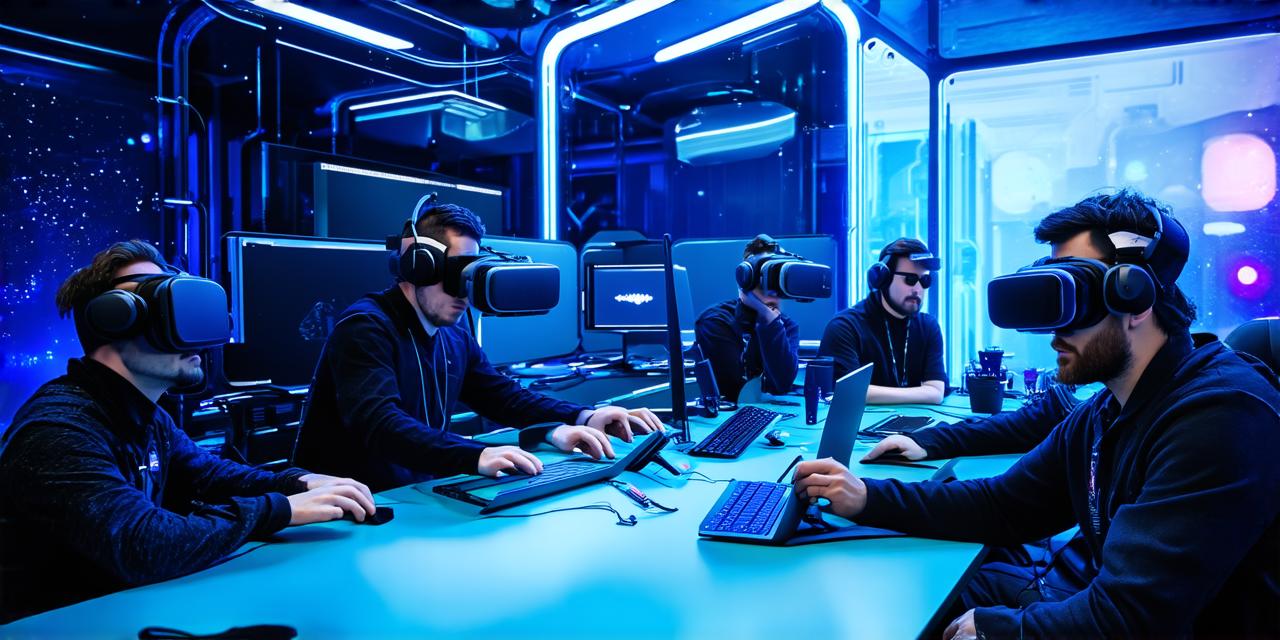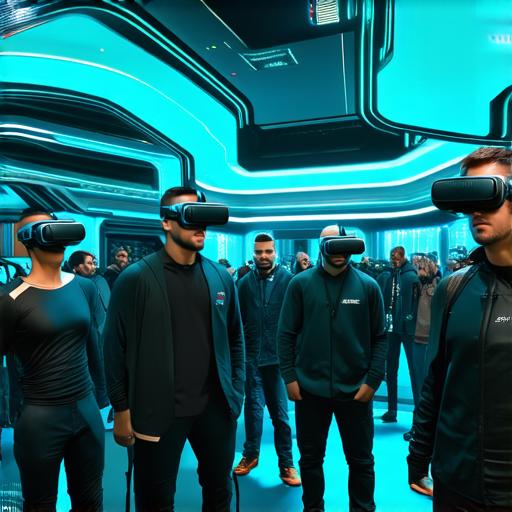
What skills and traits are required for an individual to succeed in this virtual reality role?
Virtual reality (VR) is a rapidly growing field that offers developers numerous opportunities to create innovative and immersive experiences.
Skills Required for VR Development
Virtual reality applications require a strong understanding of programming languages such as C++, C, Java, and Python. Developers must be able to write code that is efficient, optimized, and easy to maintain. They should also have experience with game engines like Unity and Unreal Engine, which are widely used in VR development.
Developers must be able to create realistic simulations of movement and interaction in virtual environments. They should also have knowledge of topics such as linear algebra, calculus, and optimization.
Developers must be able to create immersive and intuitive interfaces that allow users to interact with virtual environments in a natural and seamless way. They should also have experience with creating wireframes, prototypes, and user testing.
Developers must be able to create realistic 3D models and characters that move and interact in virtual environments. They should also have experience with software such as Blender, Maya, and 3DS Max.
Developers must be able to optimize their code for different VR platforms and devices, such as the Oculus Rift, HTC Vive, and PlayStation VR. They should also have experience with developing for mobile VR platforms like Samsung Gear VR and Google Daydream.
Traits Required for VR Development
Virtual reality development requires a high level of creativity. Developers must be able to imagine and design immersive experiences that engage and delight users. They should also have the ability to think outside the box and come up with innovative solutions to complex problems.
Developers must be able to solve problems quickly and efficiently. They should have experience with debugging code, troubleshooting hardware issues, and finding workarounds when faced with roadblocks.
Virtual reality applications require a high level of attention to detail. Developers must be able to create seamless experiences that are free from bugs and glitches. They should also have the ability to spot inconsistencies and improve the overall user experience.
Developers must be able to communicate effectively, share ideas, and work well in a team environment.
Case Studies: Successful VR Developers
John Carmack
John Carmack is the co-founder of id Software, the company behind popular VR games like Doom and Wolfenstein. He has been an influential figure in the VR industry since its early days and is known for his technical expertise and creativity.
Carmack’s success in VR development can be attributed to his strong programming skills, deep understanding of math and physics, and ability to create immersive and engaging experiences. He is also known for his attention to detail and his willingness to take on challenging projects.
Palmer Luckey
Palmer Luckey is the founder of Oculus VR, a company that has revolutionized the VR industry with its popular Rift headset. Luckey’s success in VR development can be attributed to his strong programming skills, creativity, and ability to bring together talented teams.
Luckey’s ability to think outside the box has been instrumental in the success of Oculus VR. He is known for his willingness to take risks and push boundaries, which has helped the company to create innovative products that have transformed the VR industry.
Jessica Nguyen

Jessica Nguyen is a virtual reality developer who has worked on projects for major clients such as Samsung and Toyota. She has a strong background in UX design and programming, and her skills in both areas have been instrumental in the success of her projects.
Nguyen’s success in VR development can be attributed to her ability to balance creativity with technical expertise.


